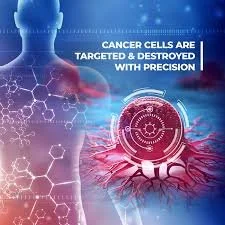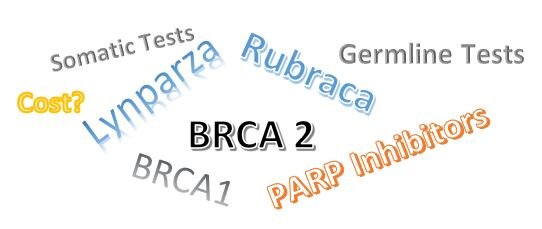African American men face many different health disparities with most of the disparities being weighed against them. There is one notable exception, African American (AA) men have a huge, significant overall survival benefit when given Sipuleucel-T (Provenge) equal to 9.5 months over their Caucasian counterparts!
An Update of the NCCN Guidelines for the Treatment of Prostate Cancer
The National Comprehensive Cancer Network (NCCN) serves as a generally accepted cookbook or road map for doctors as they put together treatment plans for their patients. The NCCN relies on evidence-based findings as well as FDA approvals. Their guidelines create the standard of care for the treatment of serious disease, including cancer.
As it just did, the NCCN periodically releases updates to their guidelines for prostate cancer treatment.
Evaluating Quality of Life (QoL) in Clinical Trials is Important
First Data Release from The Metastatic Prostate Cancer Project
About Advanced Prostate Cancer
Positive Data from the ChecMate 650 Immunotherapy Study
ARAMIS: Efficacy and Safety of Darolutamide in Nonmetastatic Castration-Resistant Prostate Cancer
At the recent ASCO GU conference, we learned the results from the ARAMUS phase III trial which evaluated Darolutamide, an androgen receptor (AR) antagonist (a drug that prevents androgens from affecting prostate and prostate cancer cells). The trial studied the efficacy and safety of darolutamide in men with nmCRPC men.
Hormone Therapies Benefit Black Men More Than White Men
Co-Pay Assistance for Advanced Prostate Cancer Drugs
You Can Participate in a Clinical Trial Editorial Panel
Studies consistently show that most clinical trial participants want to know what the research communities learned from their participation, yet most never hear from the sponsor or research site staff at all after a clinical trial has concluded. A growing number of pharmaceutical, biotechnology, and medical device companies have recognized this situation and are closing the loop with their study volunteers by providing clinical trial results summaries, also known as lay language or plain language summaries.
You can participate on an editorial board that produces documents provided to clinical trial participants describing the trial and its results.






